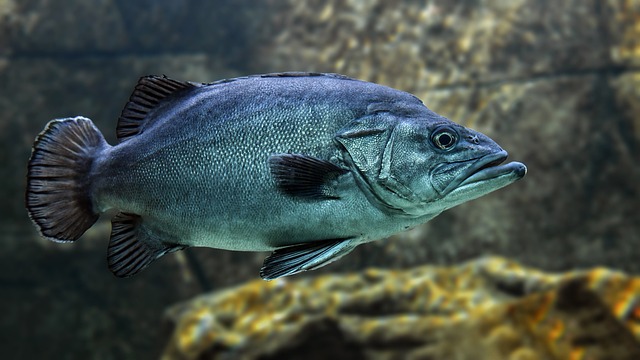Introduction to Understanding Your Fish’s Nutritional Needs
Fish are a popular choice for home aquariums due to their low maintenance requirements and beautiful colors. However, many aquarists often neglect one of the most important aspects of fish care: nutrition. A balanced diet is crucial for maintaining your fish’s health and overall well-being. In this article, we will explore the key points related to understanding your fish’s nutritional needs, providing you with a comprehensive guide to ensure your aquatic friends thrive.
Key Factors to Consider When Determining Your Fish’s Nutritional Needs
When it comes to determining your fish’s nutritional needs, there are several key factors to consider. These include the species of fish, their size and age, as well as their activity level. For example, larger fish that are more active require a diet rich in protein, while smaller fish may benefit from a more plant-based diet.
Dietary Requirements for Different Fish Species
Each fish species has unique dietary requirements that should be taken into account when determining their nutritional needs. For example, carnivorous fish such as salmon and goldfish require a diet rich in protein from animal sources, while herbivorous fish like betta fish prefer plant-based foods.
The Importance of Vitamins and Minerals
Vitamins and minerals play a crucial role in maintaining your fish’s overall health. For example, vitamin C is essential for immune function, while calcium is necessary for strong bones. A balanced diet that includes a variety of foods rich in these nutrients will help ensure your fish stays healthy.
Feeding Frequency and Quantity
The frequency and quantity of feeding depend on the species and age of your fish. Overfeeding can lead to water quality issues and digestive problems, while underfeeding may cause malnutrition. It’s essential to research the optimal feeding schedule for your specific fish species.
Adding Supplements and Treats
Sometimes, a balanced diet may not provide all the necessary nutrients for your fish. Adding supplements or treats can help fill any nutritional gaps. For example, omega-3 fatty acids can be beneficial for heart health, while spirulina can boost immune function.
Conclusion and Advice
In conclusion, understanding your fish’s nutritional needs is crucial for maintaining their overall health and well-being. By considering the species, size, age, and activity level of your fish, as well as dietary requirements, vitamins, minerals, feeding frequency, and quantity, you can create a balanced diet that meets their unique needs.
Remember to research the specific nutritional requirements for your fish species and adjust their diet accordingly. With proper nutrition, your aquatic friends will thrive in their environment, providing years of entertainment and enjoyment.

